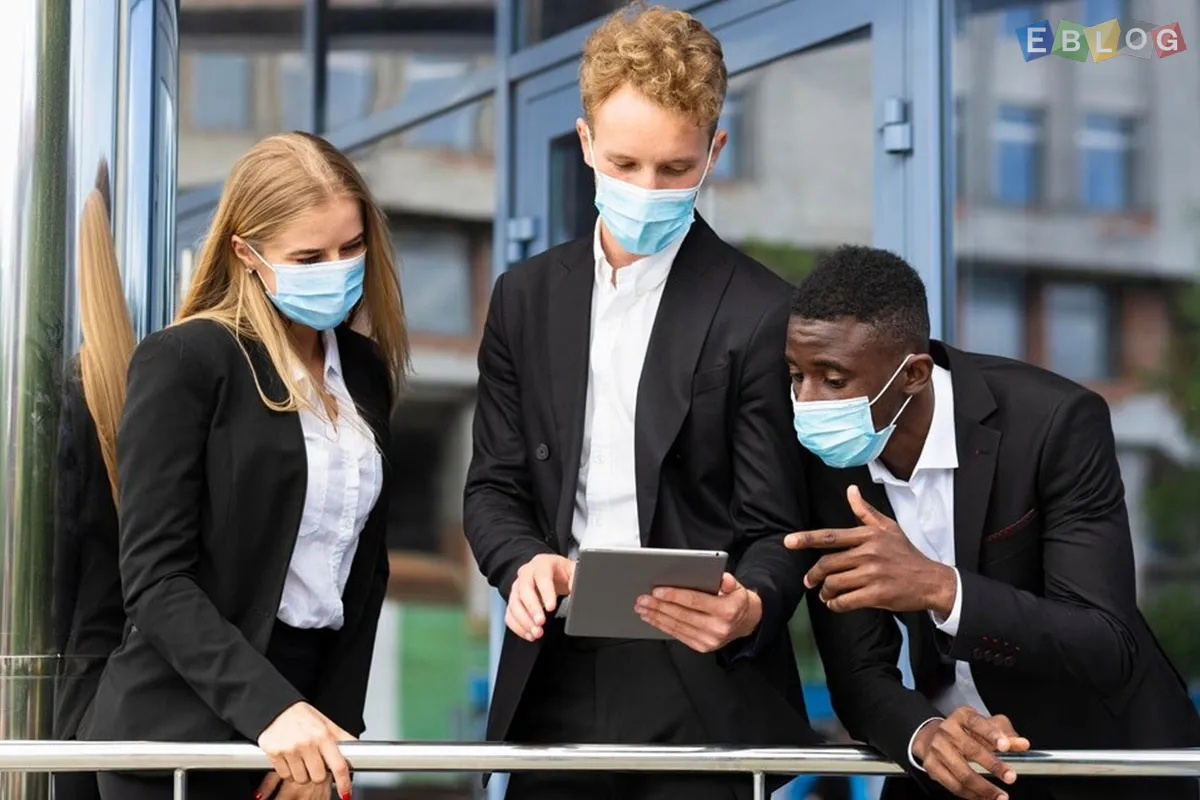
Traveling Post Pandemic: Navigating New Norms and Policies
- 30 Sep, 2024
- Travel
- 665 Views
- 0 Comments
The COVID-19 pandemic dramatically reshaped the travel landscape, introducing new norms and policies that travelers must now navigate. As we enter a post-pandemic world, understanding these changes is essential for a smooth and enjoyable journey. Here’s a guide to help you navigate the evolving travel environment and make the most of your adventures in 2024 and beyond.
1. Health and Safety Protocols
One of the most significant changes in travel post-pandemic is the heightened emphasis on health and safety. Here’s what to expect:
a. Vaccination and Testing Requirements: Many countries have adopted policies that require proof of vaccination or negative COVID-19 tests for entry. Before traveling, check the specific requirements for your destination. This can often change based on current case numbers and variants.
b. Masks and Hygiene: While some places have relaxed mask mandates, others still require masks in crowded areas, on public transport, or in indoor settings. Carry a mask and hand sanitizer to ensure you’re prepared, regardless of local rules.
c. Health Declarations: Some destinations may ask travelers to fill out health declaration forms upon arrival. This helps authorities monitor potential outbreaks and can be a quick way to ease entry.
2. Flexible Booking Policies
Travel companies have adapted to changing circumstances by offering more flexible booking options:
a. Cancellations and Refunds: Many airlines and hotels now provide flexible cancellation policies, allowing you to change or cancel your plans without hefty fees. Always review these policies before booking.
b. Travel Insurance: Given the uncertainty, investing in travel insurance that covers COVID-related cancellations or health emergencies is wise. This can provide peace of mind during your travels.
3. Digital Innovations
The pandemic accelerated the adoption of technology in the travel industry:
a. Contactless Solutions: Expect more contactless check-ins, mobile boarding passes, and digital payments. This minimizes physical interactions and enhances convenience.
b. Travel Apps: Many destinations now have dedicated apps that provide real-time information on health guidelines, local attractions, and even crowd levels at popular sites. Download these apps before you arrive to stay informed.
c. Virtual Tours: While traveling may look different, virtual tours are here to stay. Many museums and attractions offer online experiences, allowing you to explore from home or plan your visit more effectively.
4. Evolving Travel Preferences
The pandemic has shifted how many people view travel:
a. Staycations and Local Travel: As international travel restrictions fluctuated, many travelers turned to local experiences. Exploring your own region can reveal hidden gems and reduce travel stress.
b. Nature and Outdoor Experiences: With an increased focus on health, many are opting for outdoor adventures. National parks, hiking trails, and beach destinations are becoming popular choices for travelers seeking open spaces.
c. Sustainable Travel: Post-pandemic, there’s a growing awareness of the environmental impact of travel. Many are now prioritizing eco-friendly options, from sustainable accommodations to responsible wildlife tourism.
5. Cultural Sensitivity and Local Engagement
Travelers are increasingly recognizing the importance of engaging with local cultures respectfully:
a. Supporting Local Businesses: Choose to support local restaurants, artisans, and tour guides to help communities recover economically. This not only enhances your experience but also contributes positively to the destination.
b. Understanding Local Norms: Every destination has unique customs and health regulations. Research local norms regarding social distancing, mask-wearing, and other health guidelines to ensure respectful engagement with locals.
Conclusion
Traveling in a post-pandemic world presents both challenges and opportunities. By staying informed about new norms and policies, embracing flexibility, and adapting your travel preferences, you can navigate this evolving landscape with confidence. As you embark on your journeys, remember that thoughtful, responsible travel not only enriches your experiences but also supports the communities you visit. Here’s to safe, enriching travels ahead!




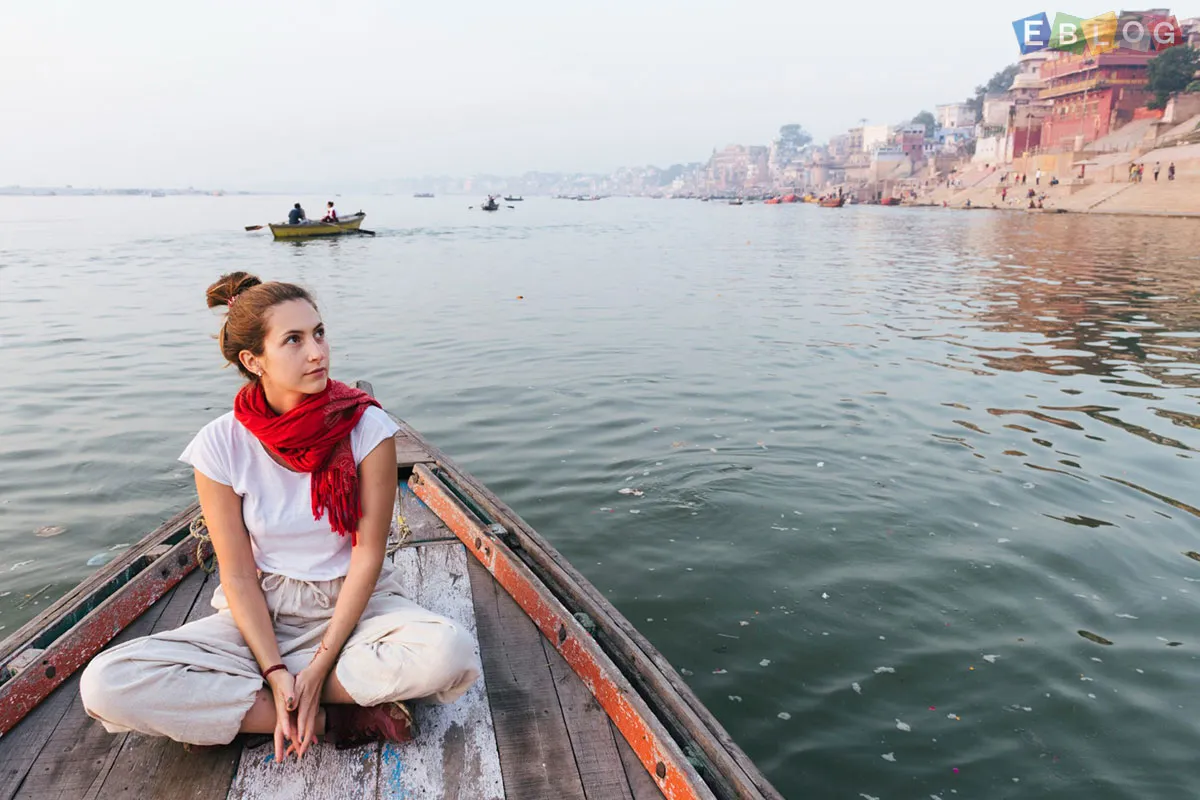




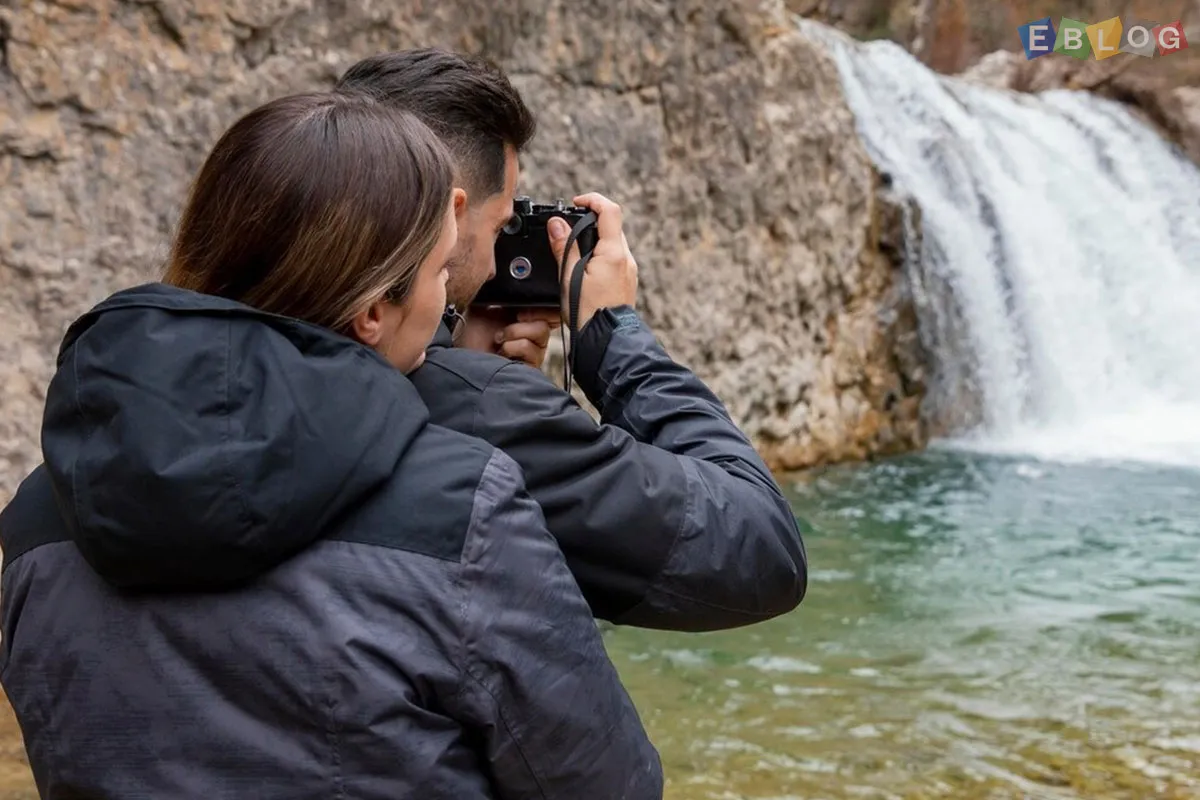

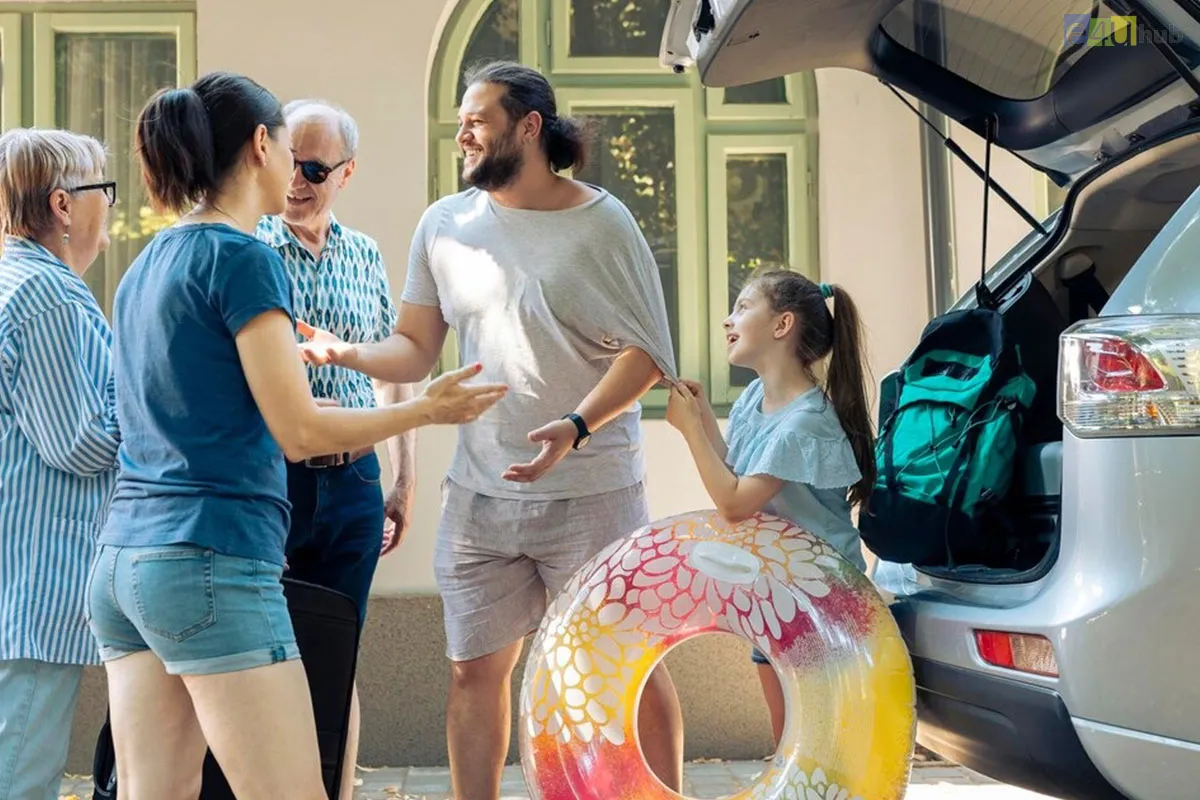
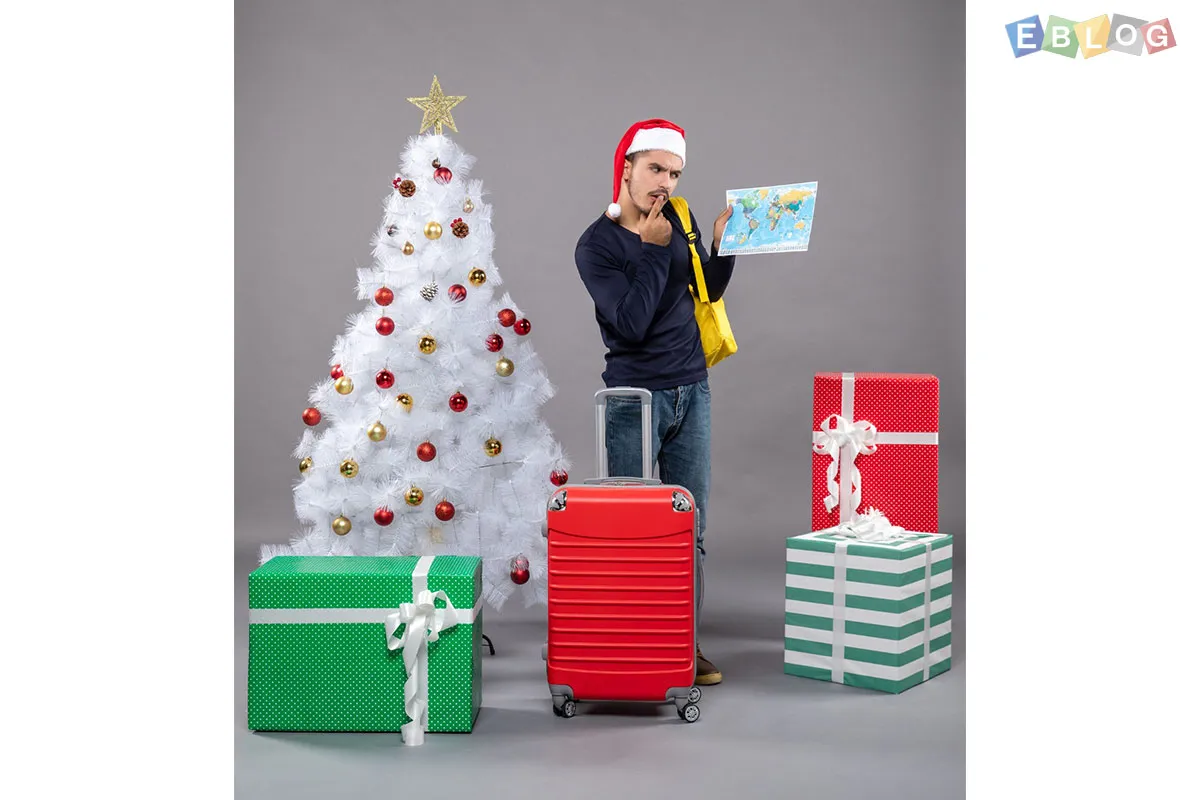
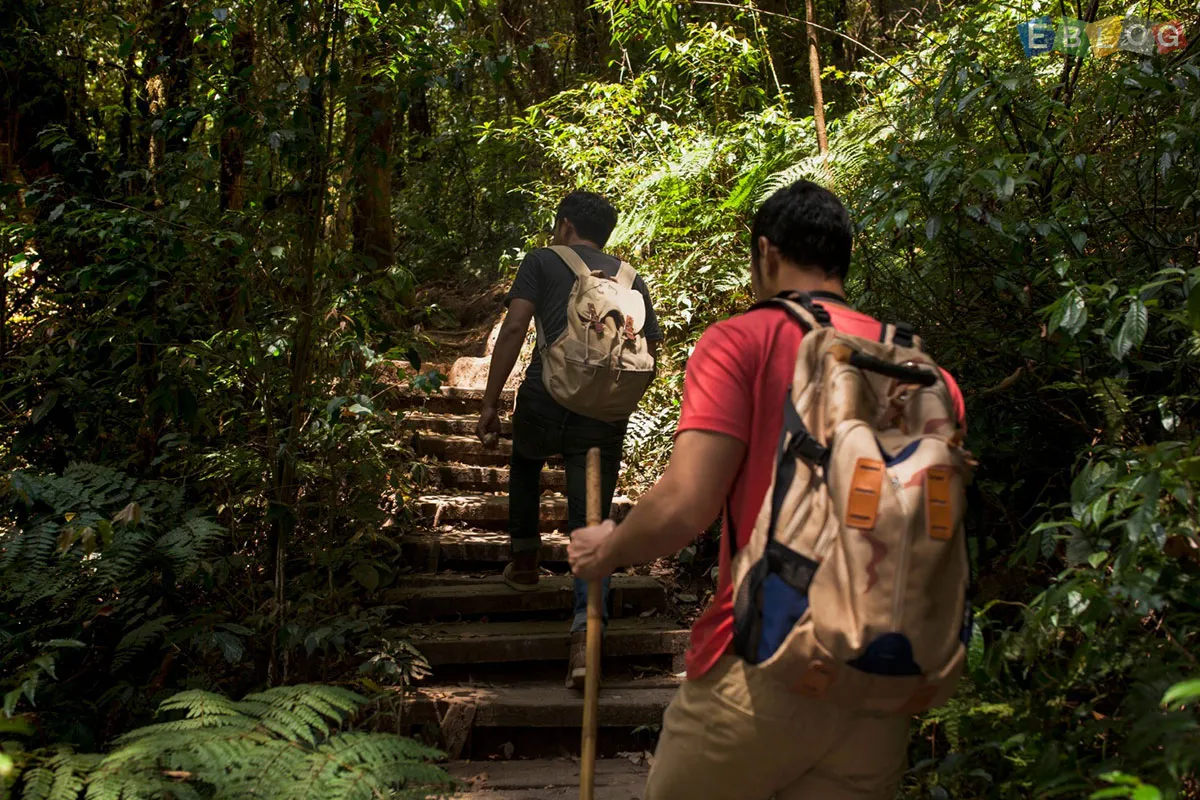

Leave a Reply